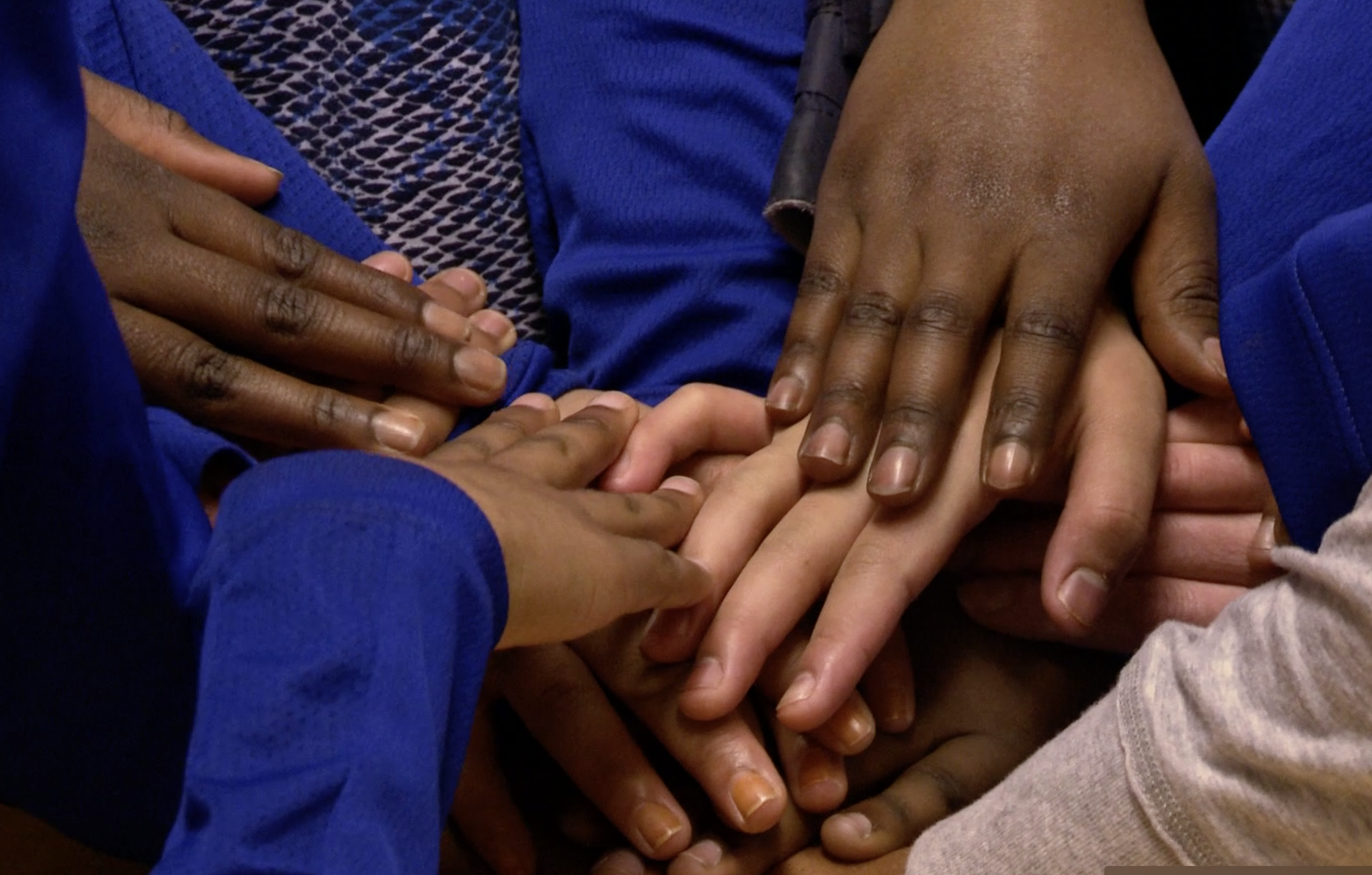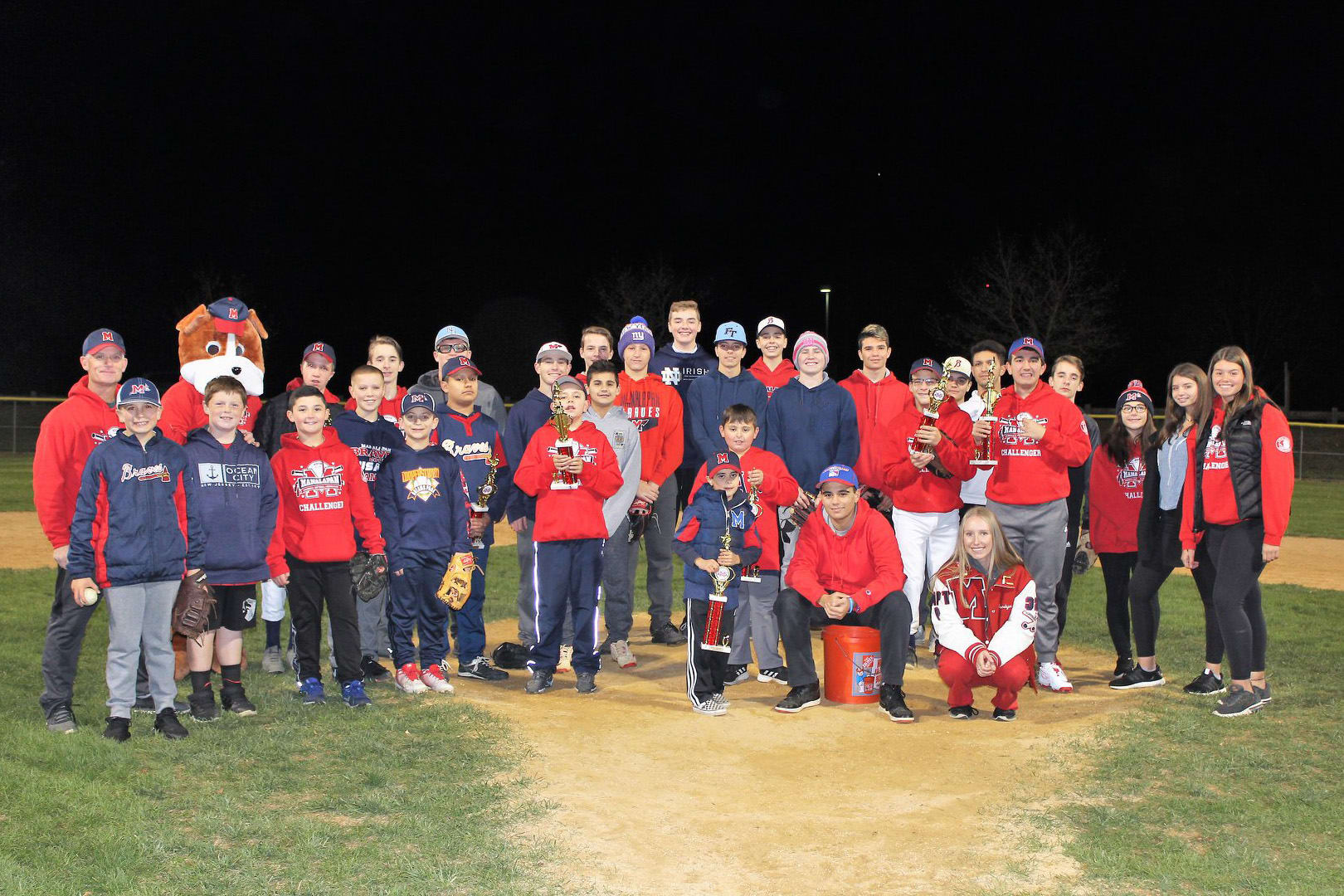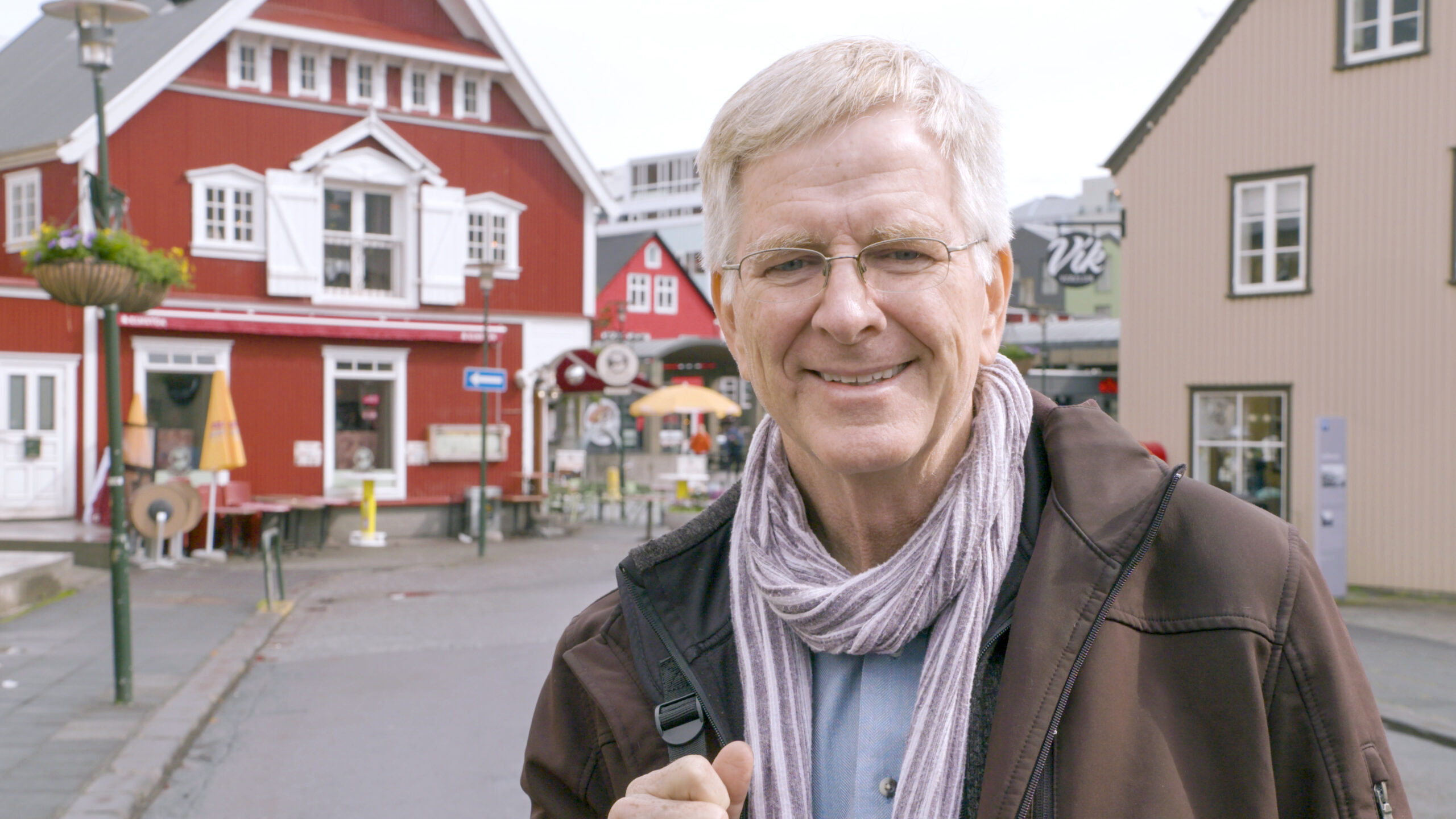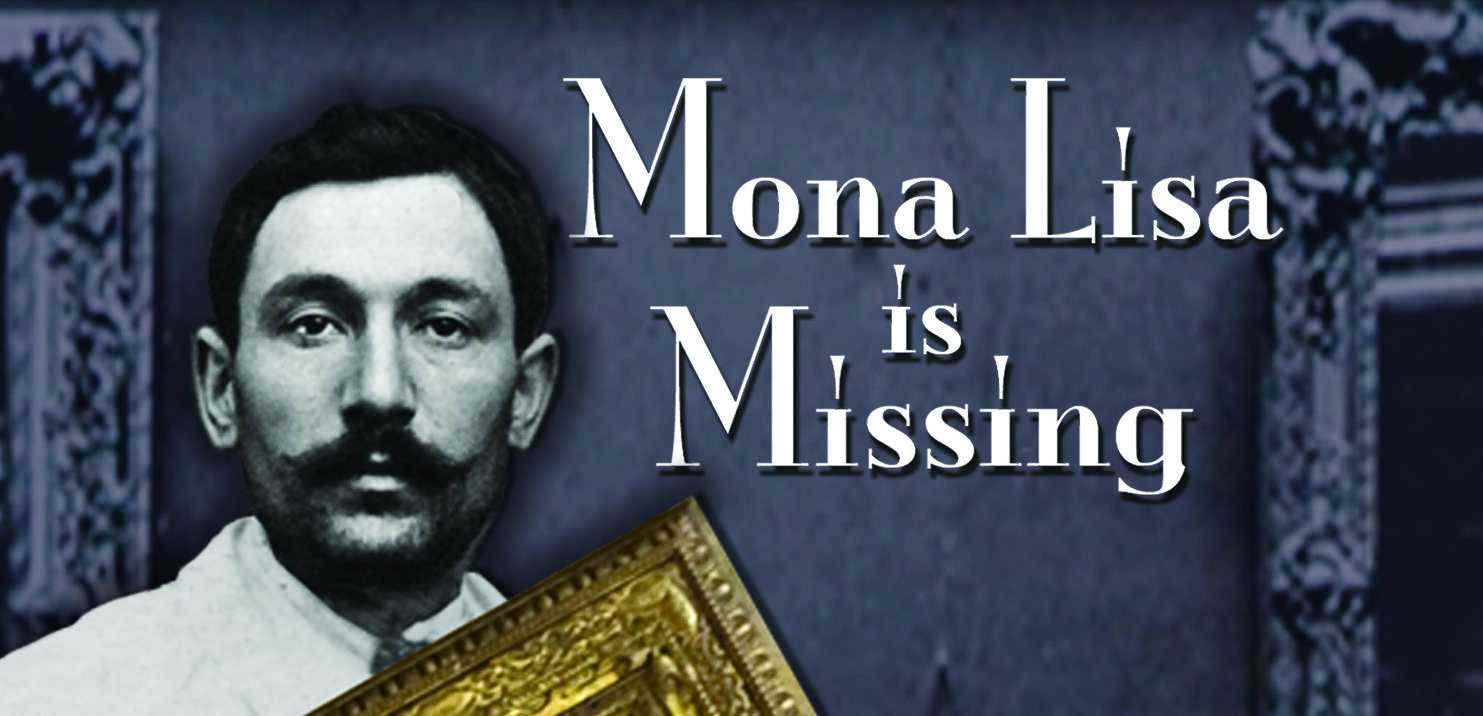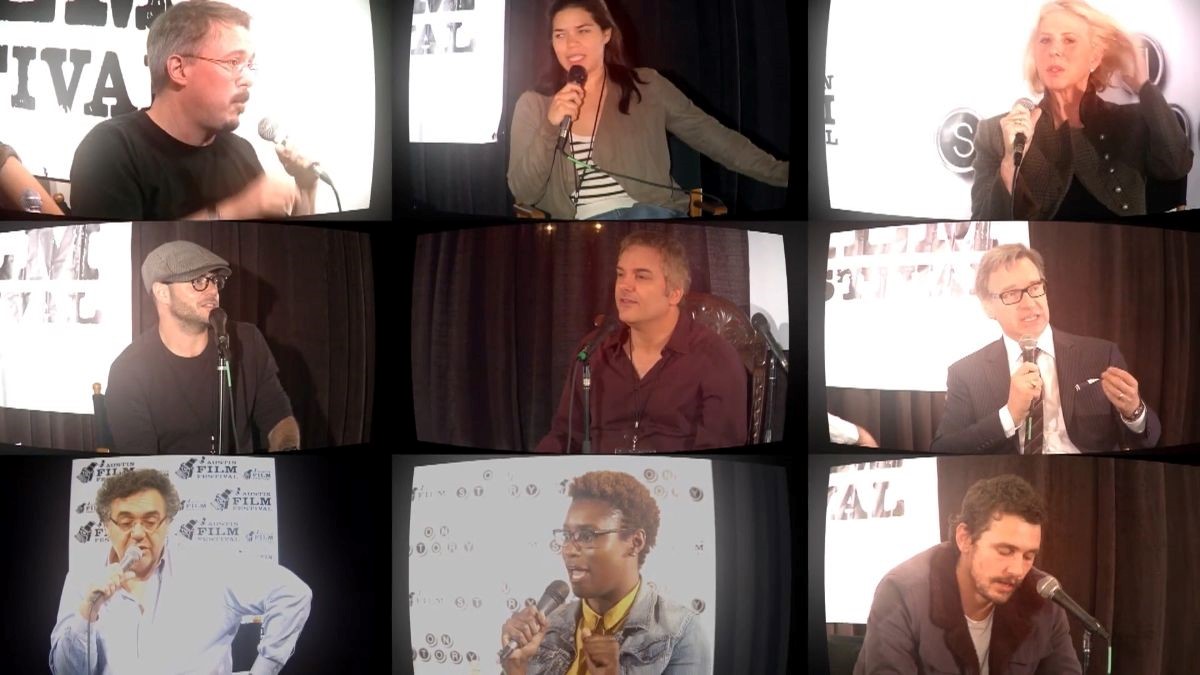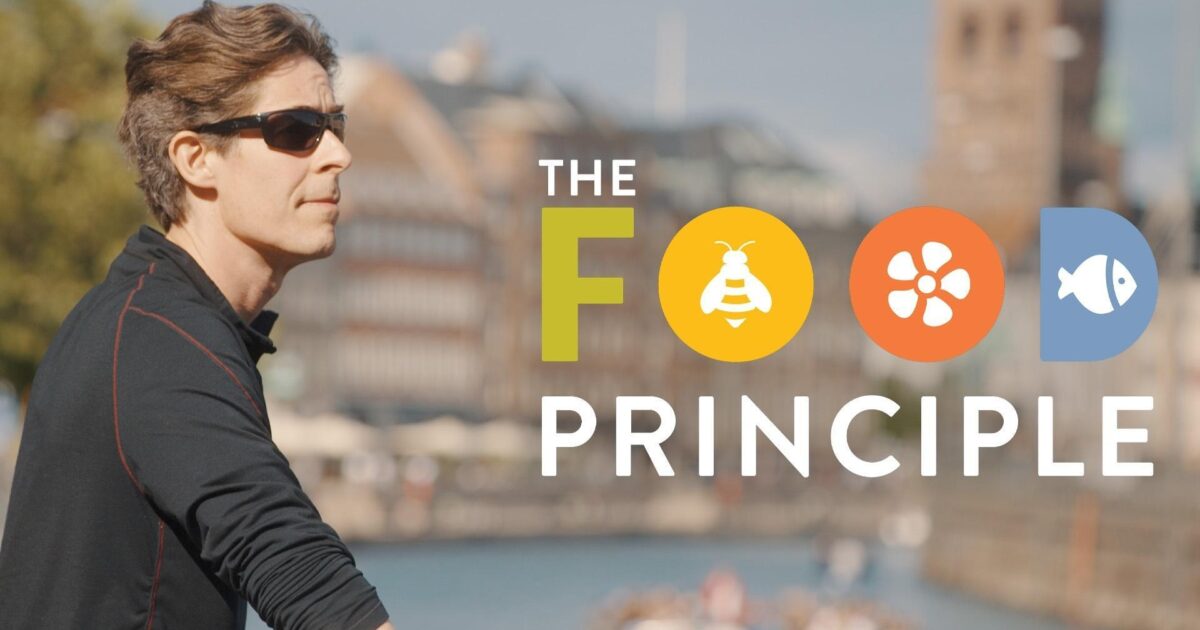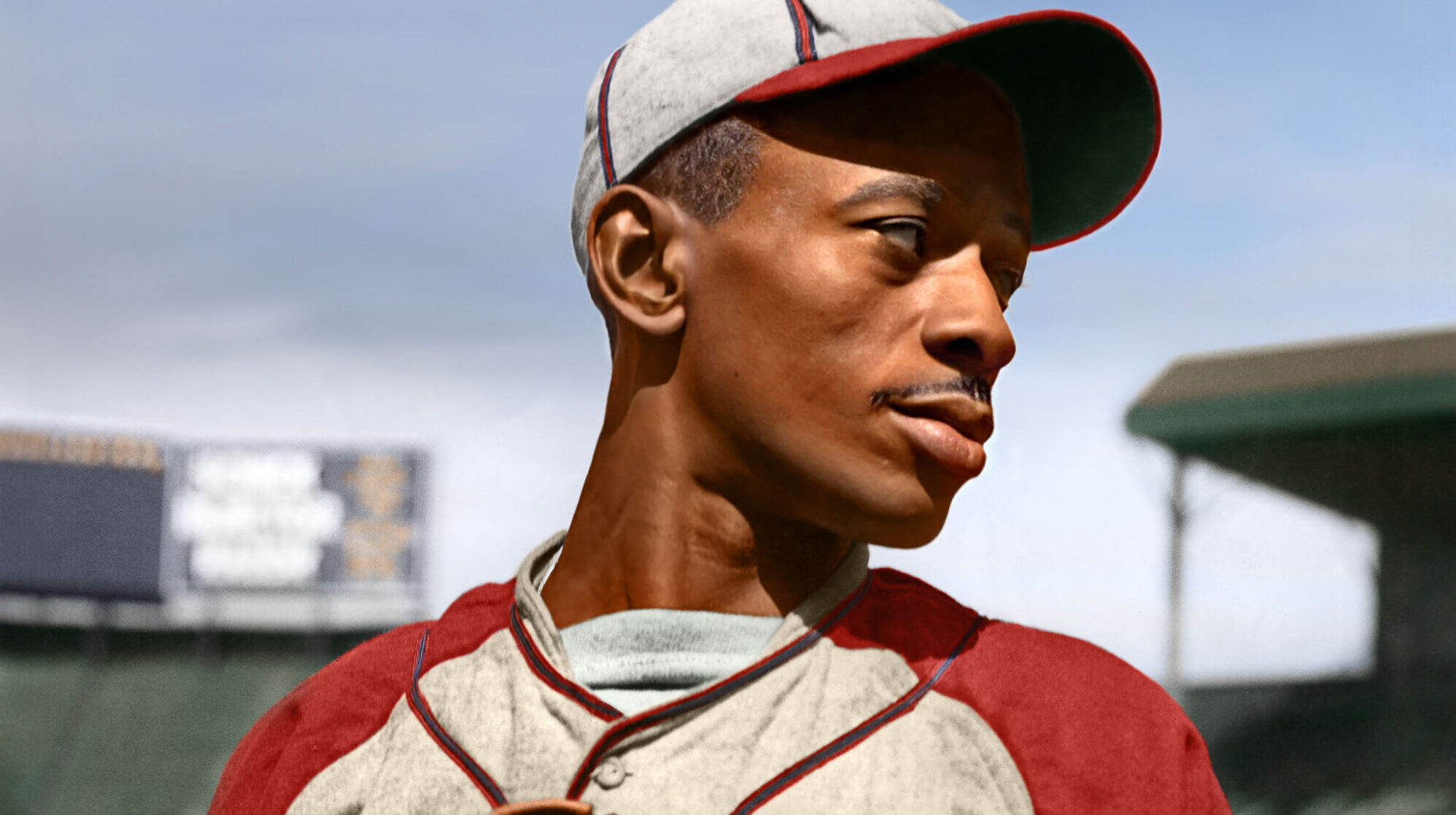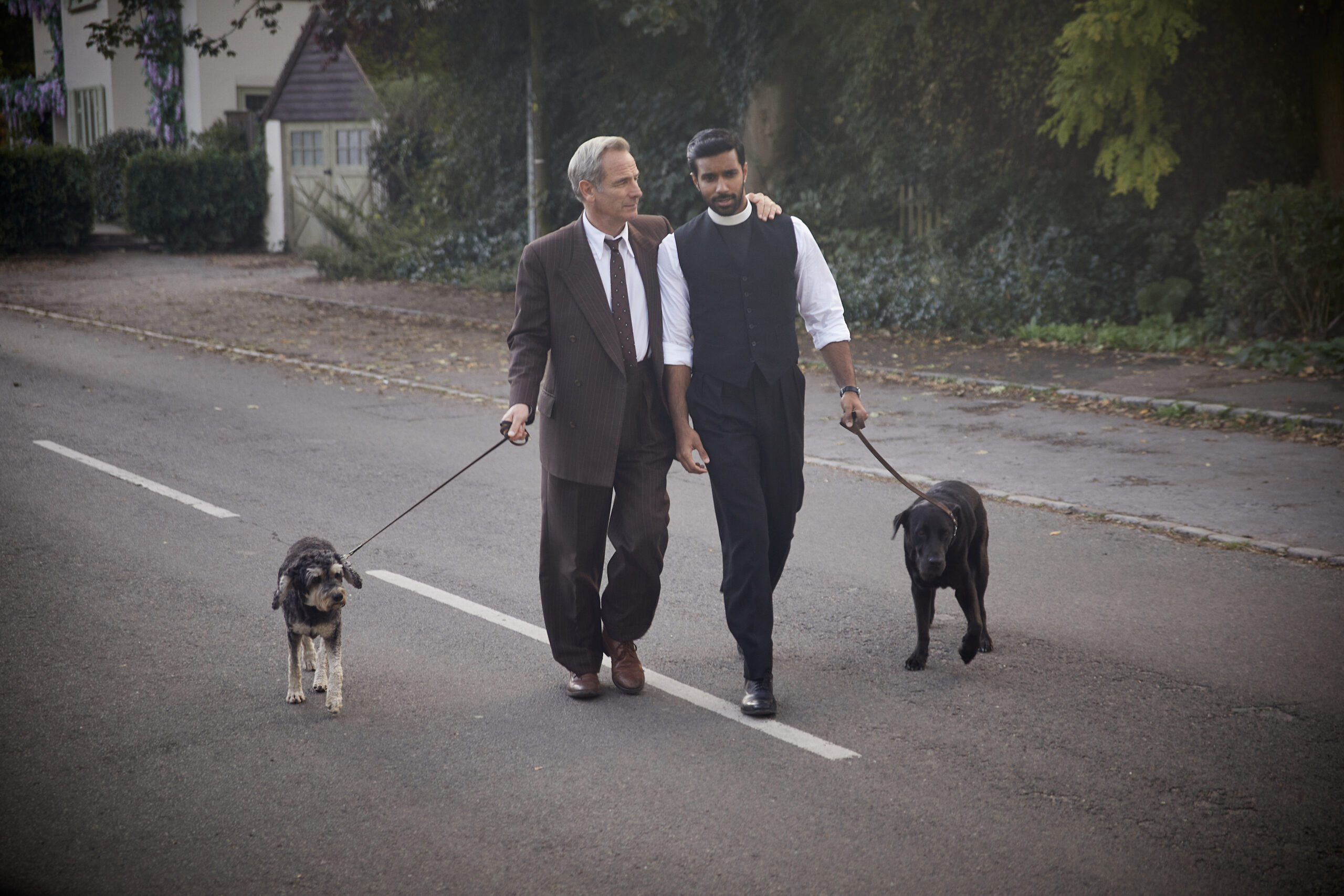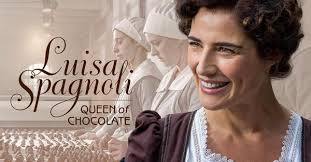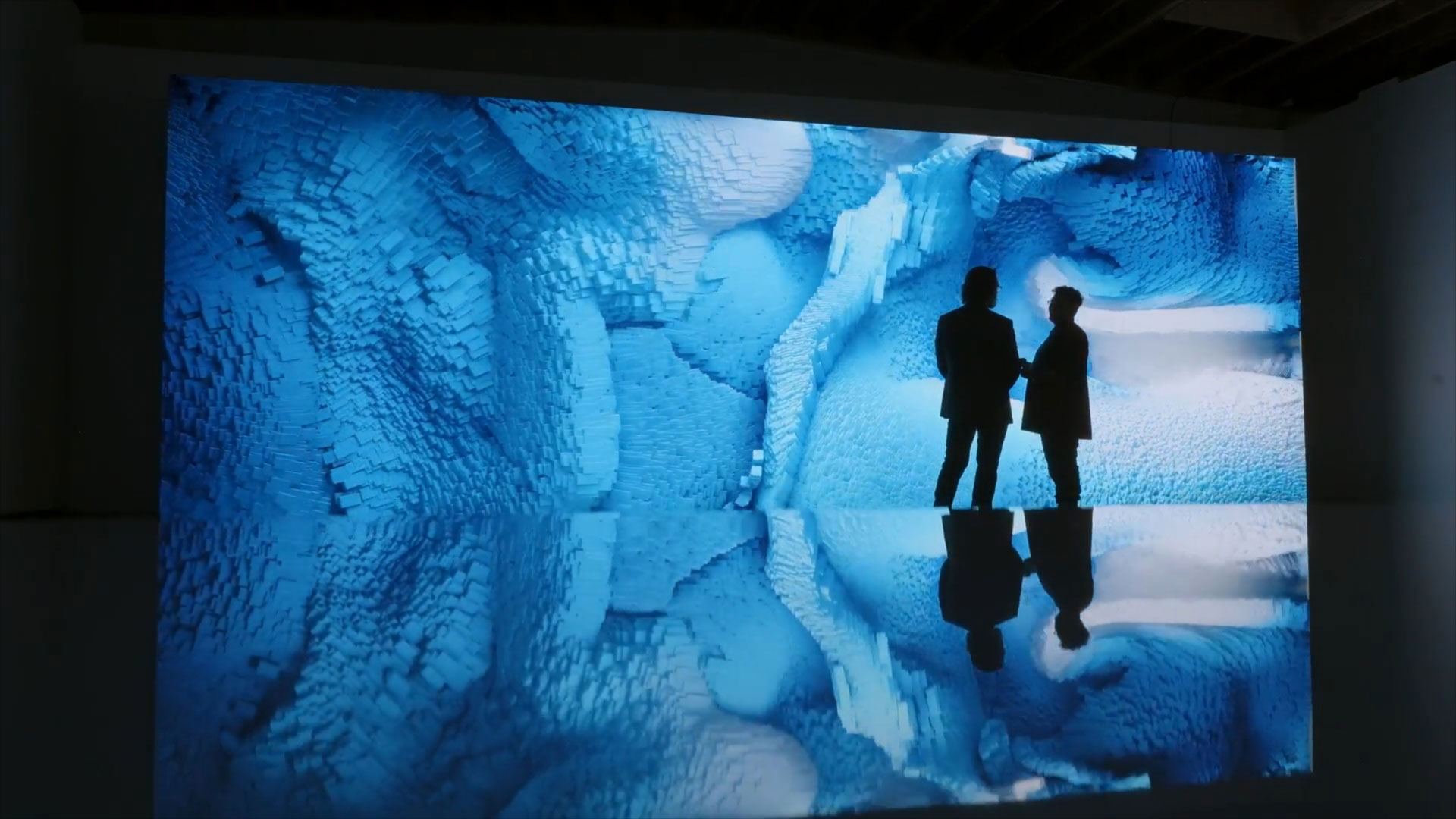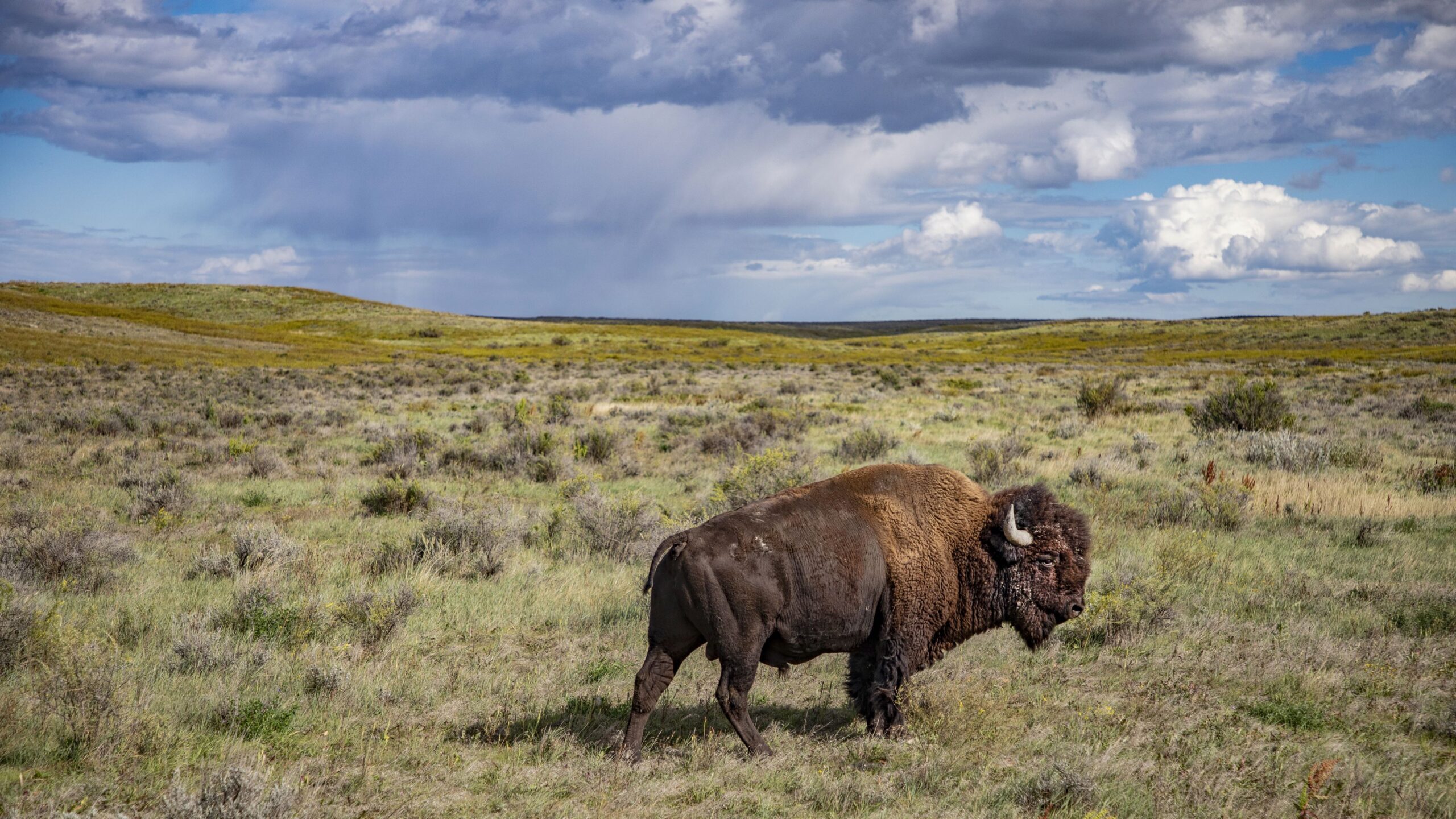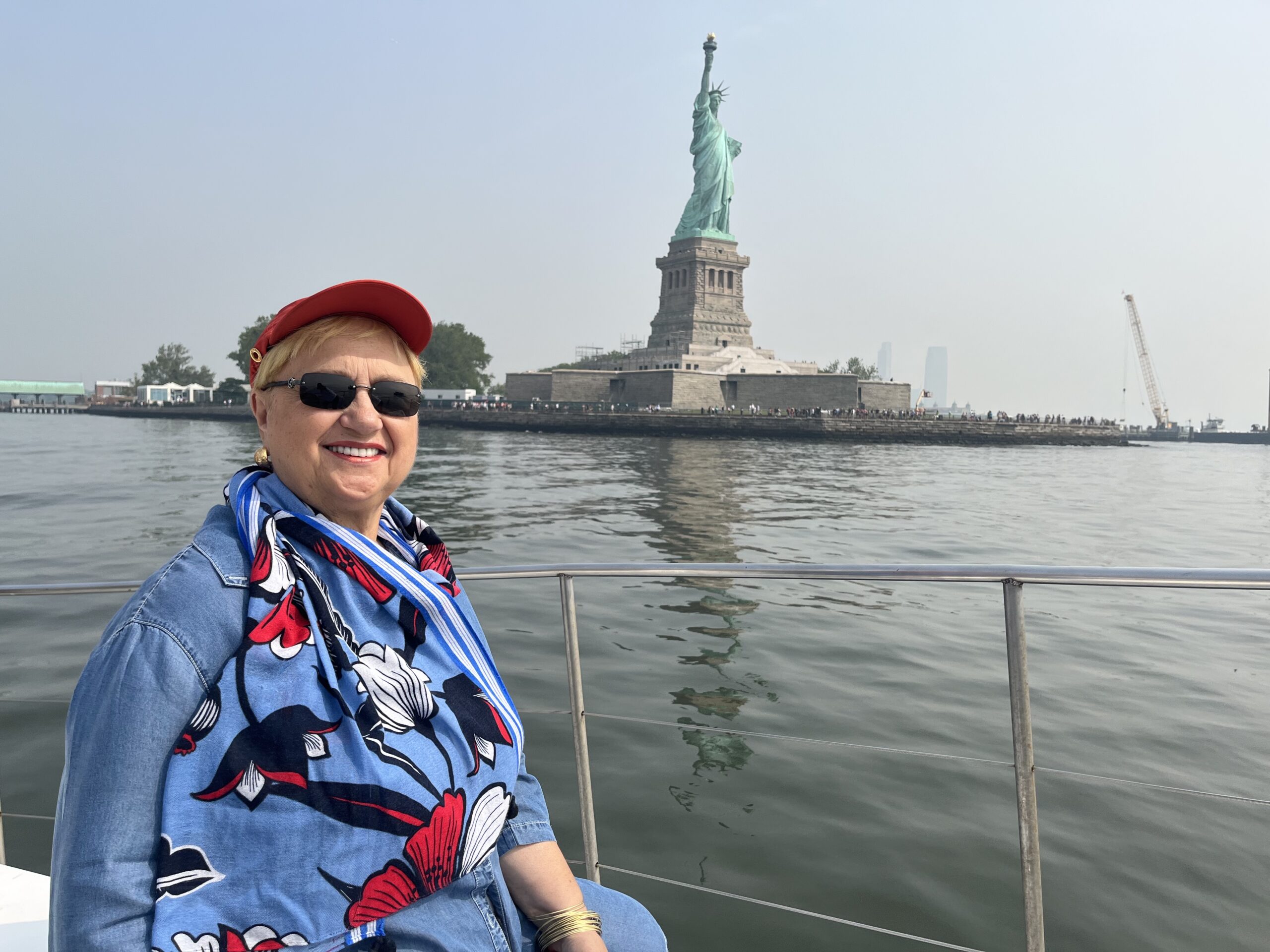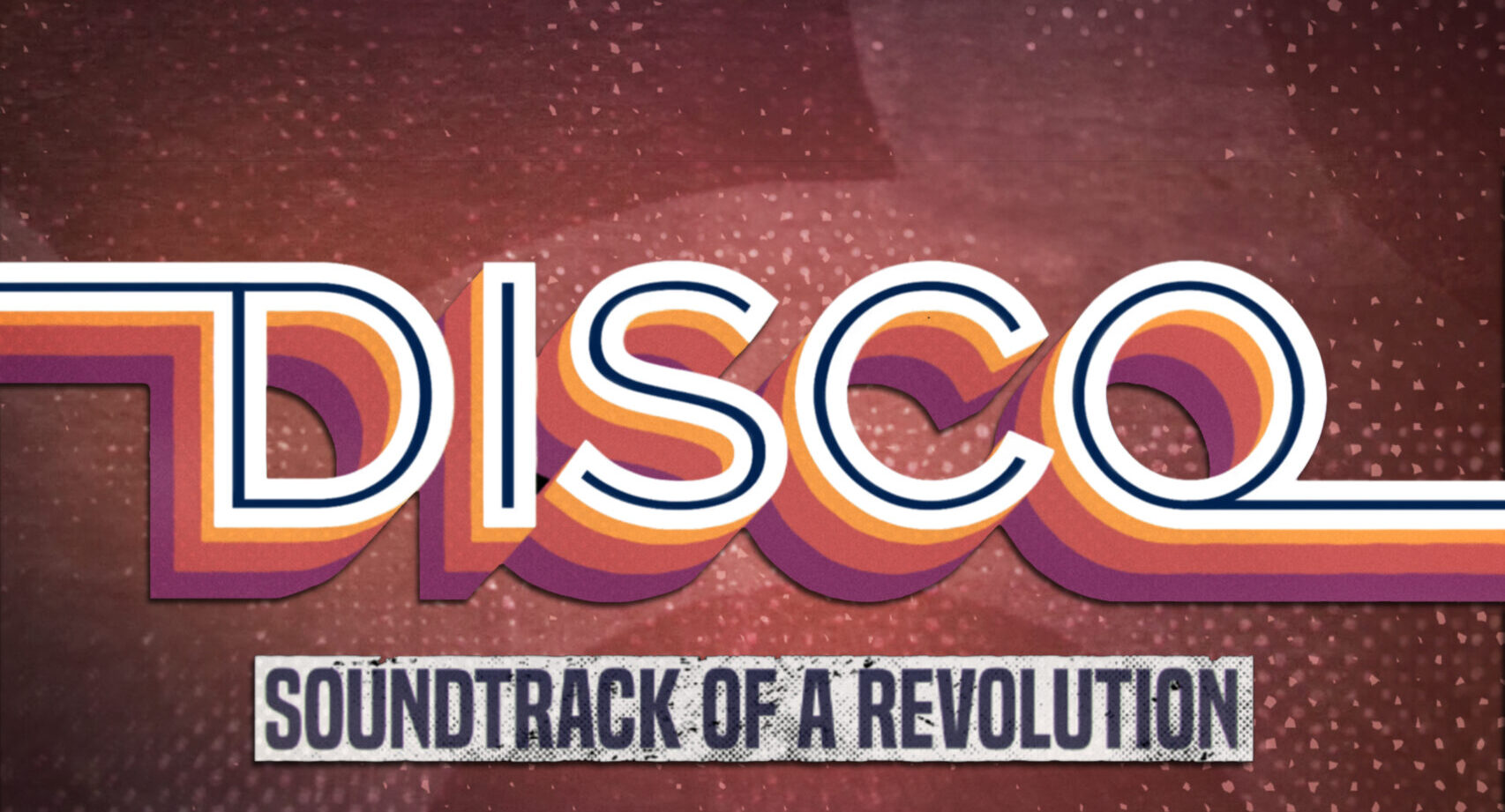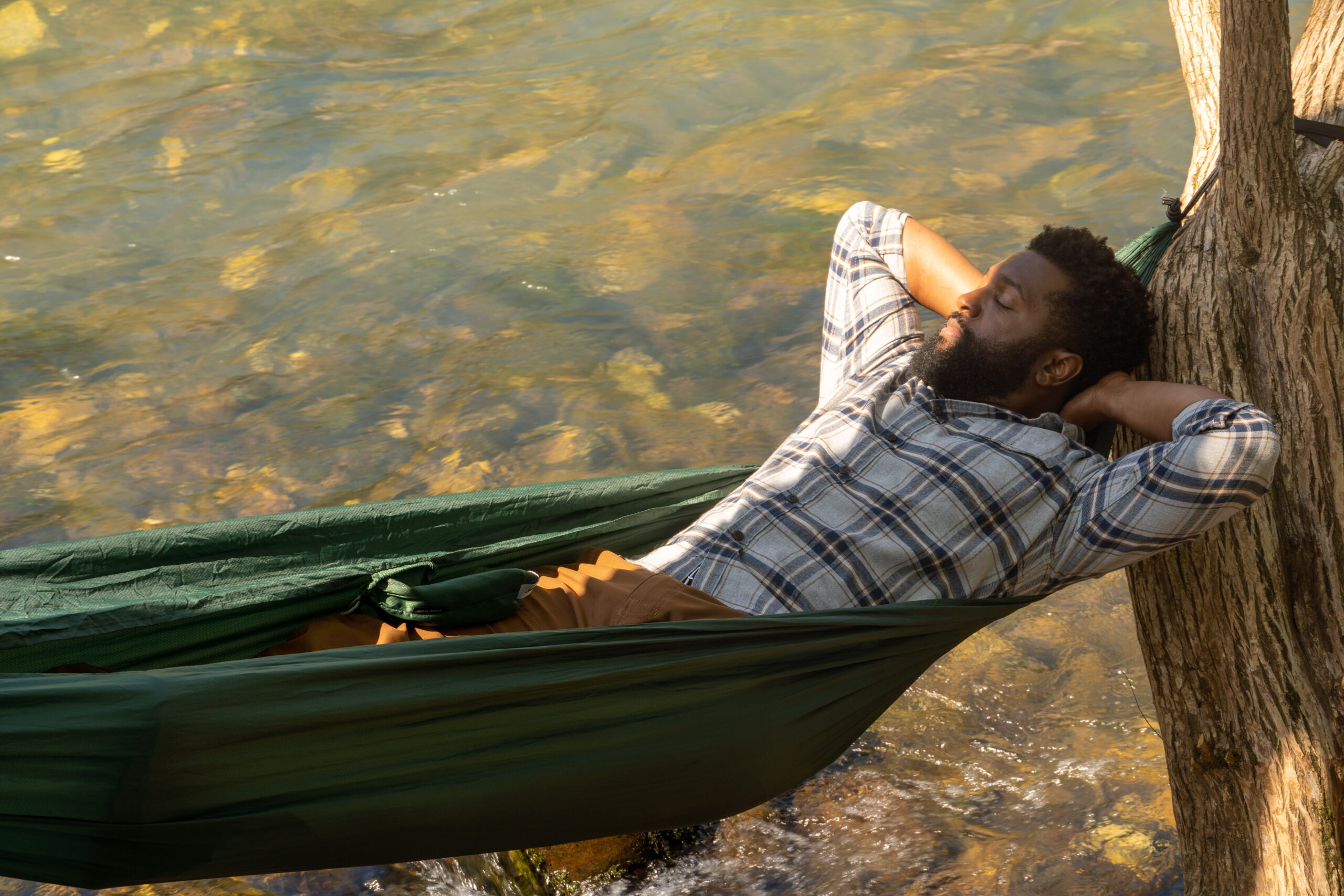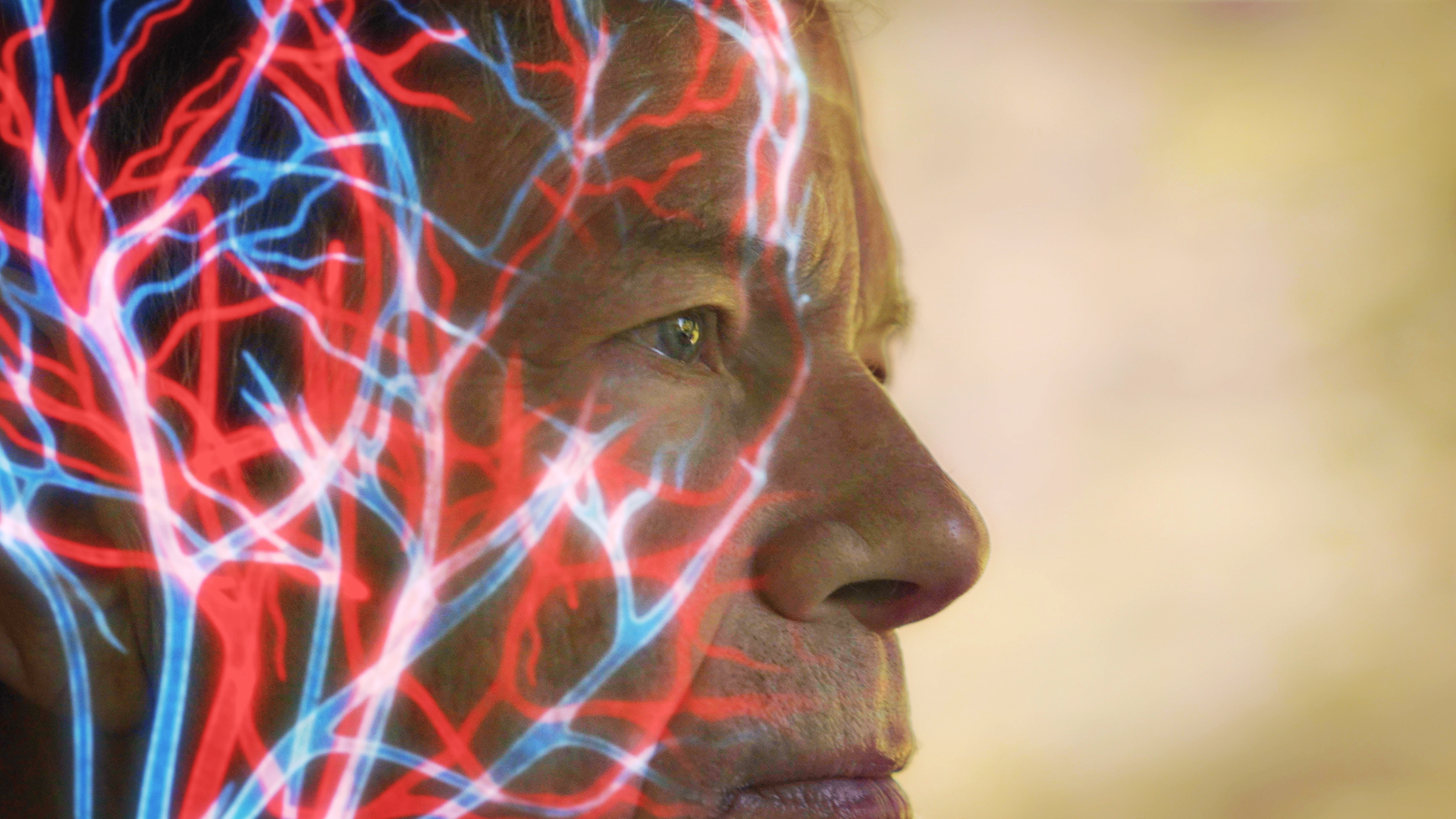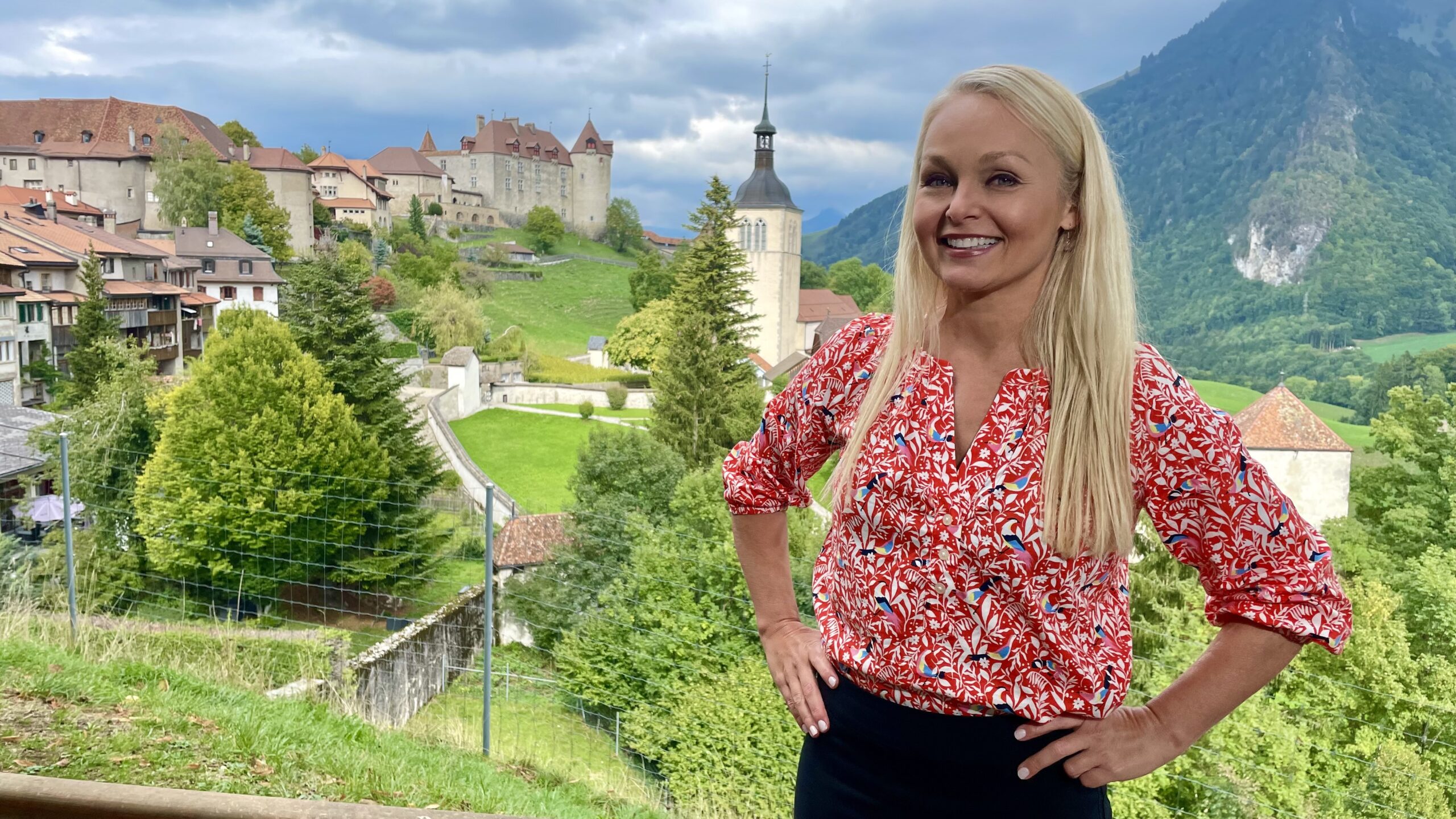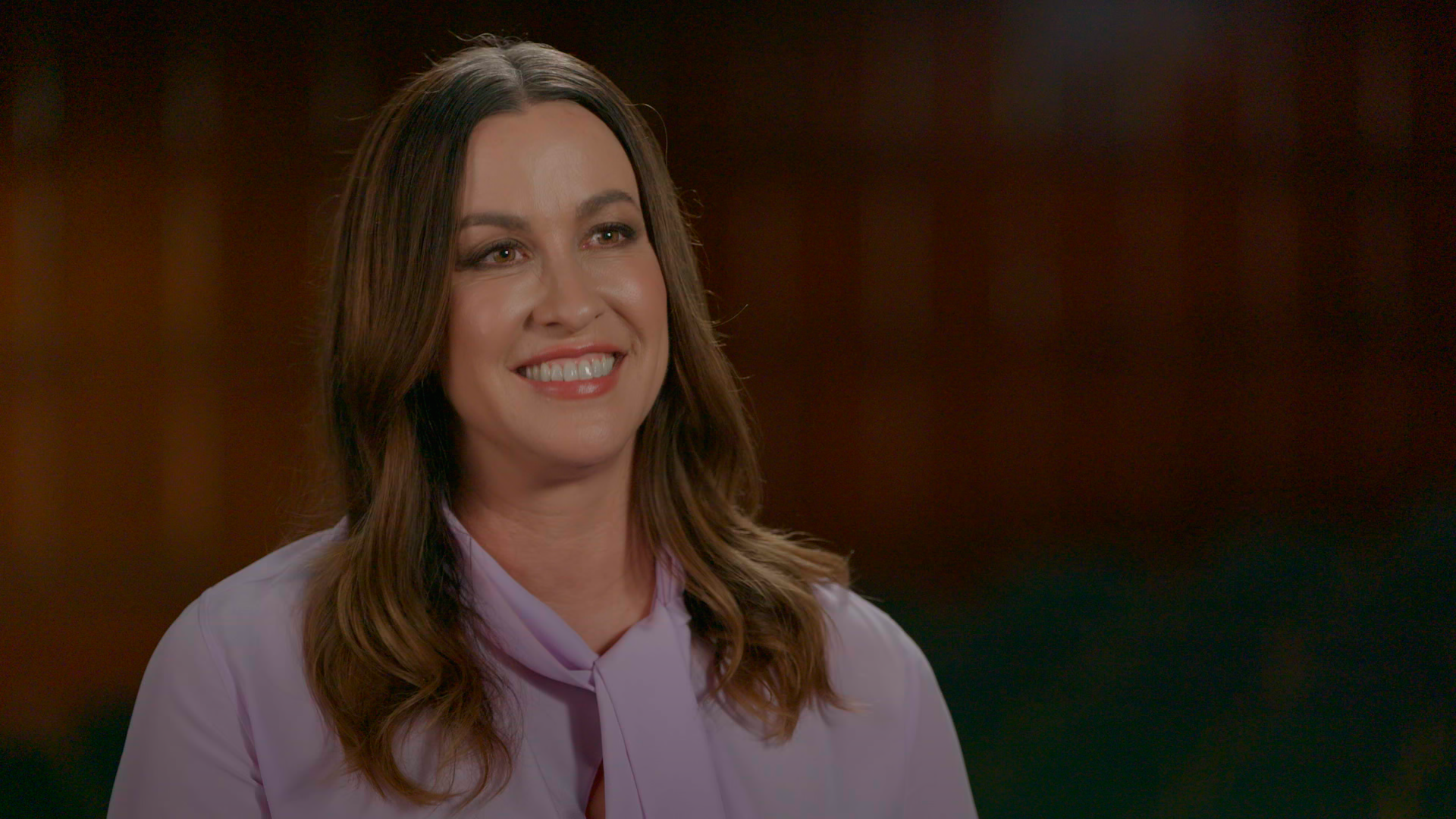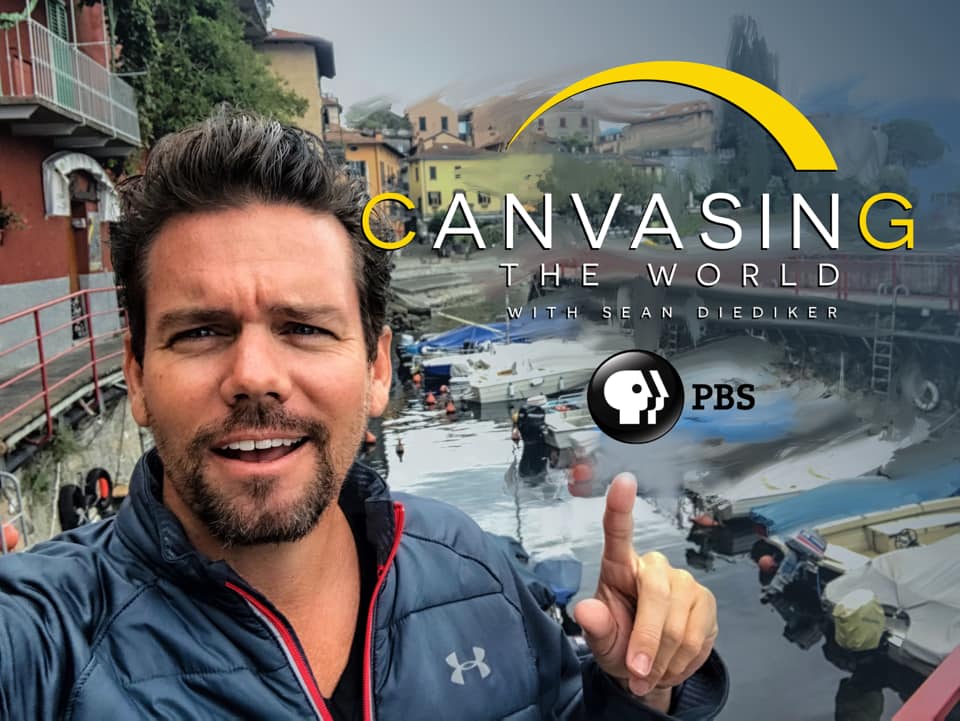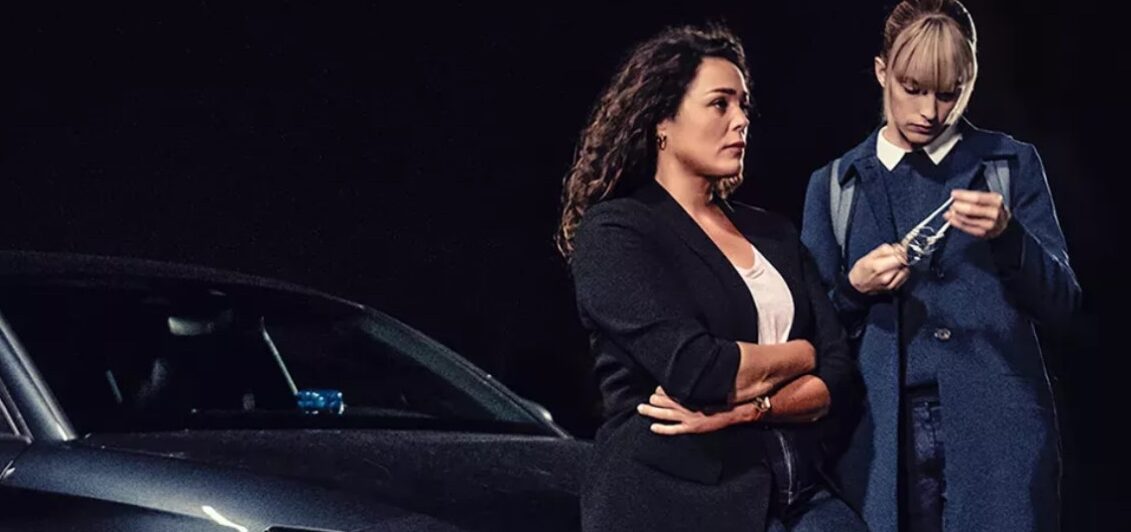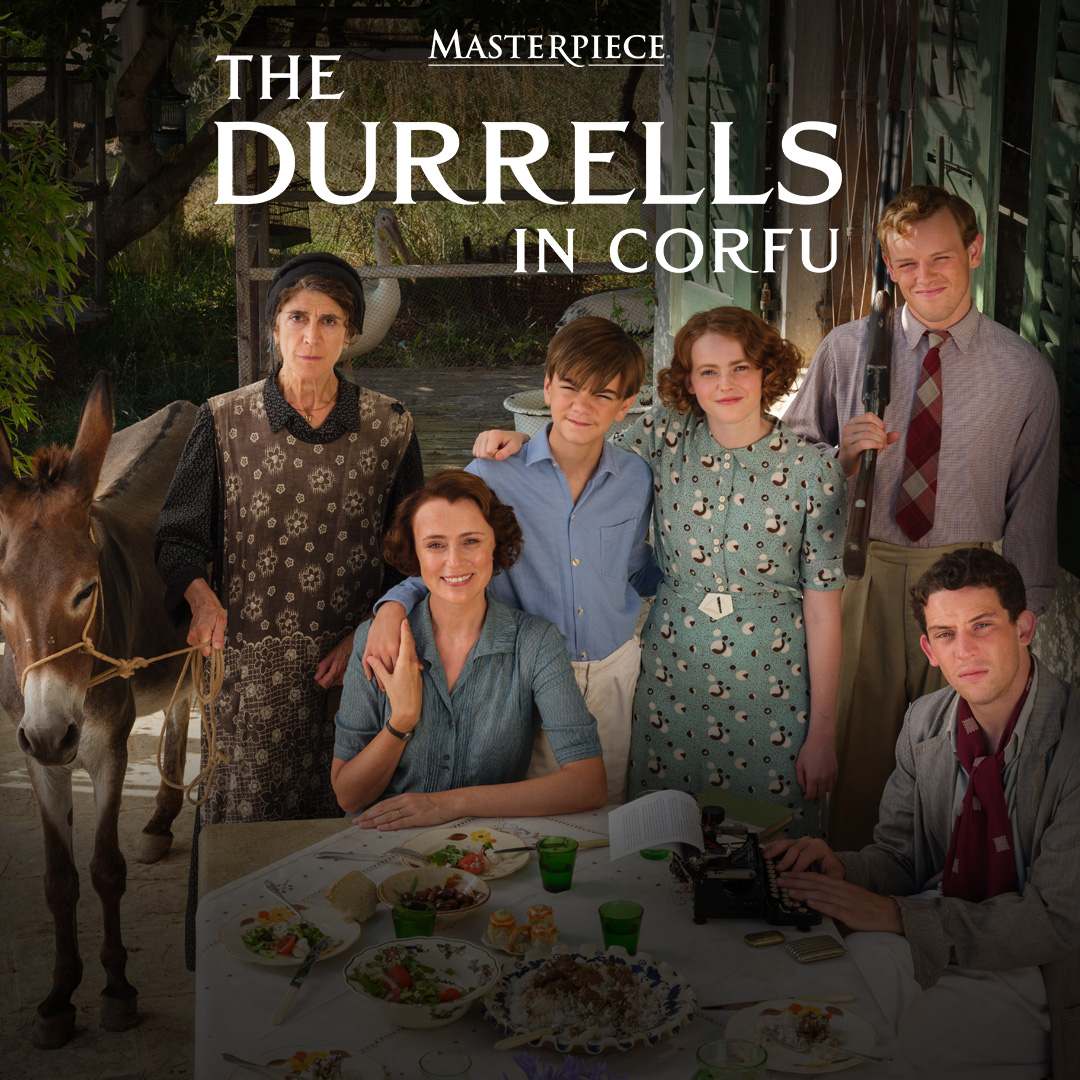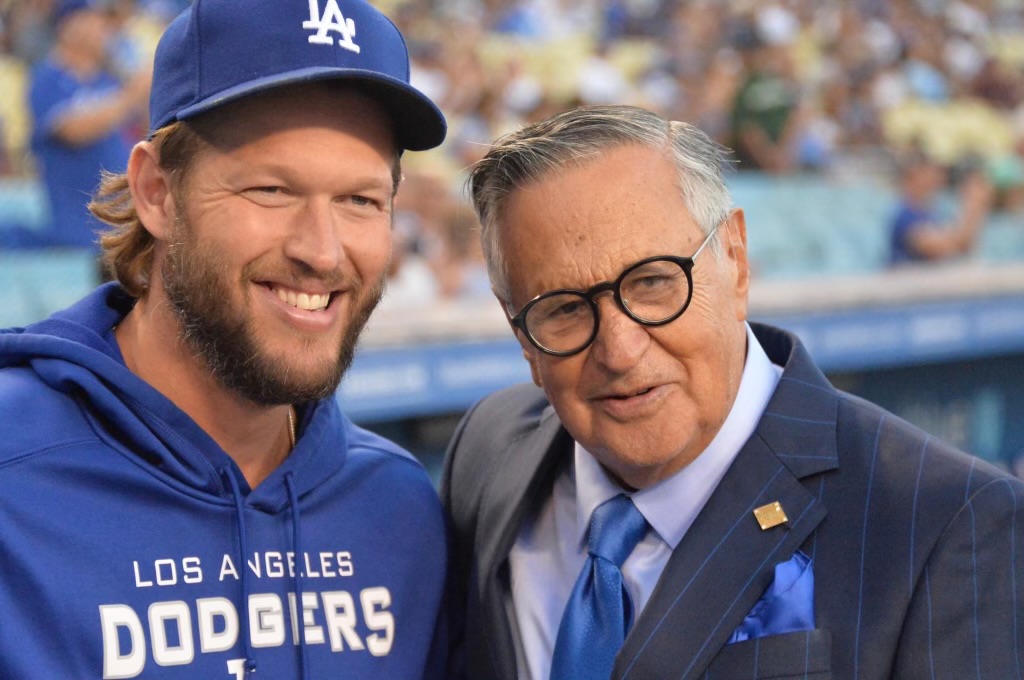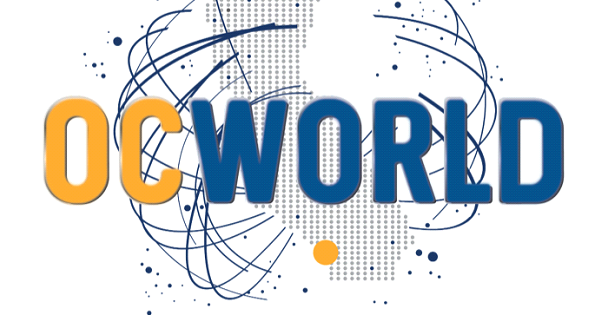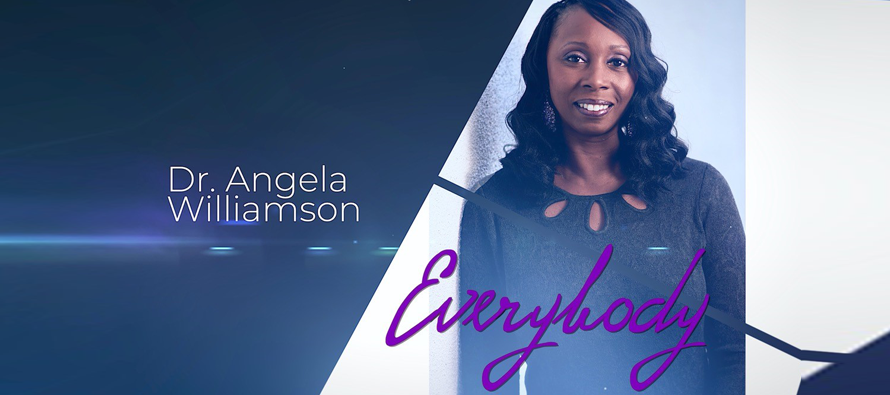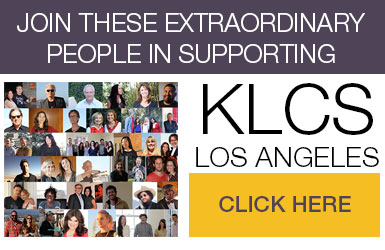Often when one door closes, a new, bigger and better door opens. Marilynn Brass is a great example; as someone who lost a job later in life, she was 60 when she lost her desk job at WGBH-TV, she started a whole new career as a cookbook author along with her sister Sheila, who was 65 at the time they got a literary agent, and began to write cookbooks that were later nominated for James Beard Awards. Their new career and eventual television program “Food Flirts” turned them into TV starts. In the show, they visit local Boston-area eateries that often feature new and international cuisines they’ve never tried; they then come back home to try their spin on the dishes. Marilynn, the more talkative sister, speaks with KLCS as their show is, again, being rebroadcast on Create TV. Marilynn shares with us how they got their show, the years they worked at WGBH-TV, being “hand holders” for Julia Child on her 80th birthday, and the reception they get from fans.
Marilynn, you and your sister are like two unassuming aunties or grandmothers, with thick Boston accents, who have this unusual show visiting places and then making your own version of these new dishes you’ve tried. How did the show come about?
In 2010 we did a show for the Cooking Channel, it was a one hour-special. Before we shot, we went to New York and we met Bruce Seidel and he was then at Food and Cooking Channel, and we ate at Morimoto and most of the people at the table ordered sushi and I had never tasted sushi, it was raw fish. At the end of the luncheon Bruce said, “Would you like to try the sushi?” I said, “There are a lot of things I haven’t tried but, okay.” I told him, “I never tried sushi before and you got me to try sushi.” We were joking and I said to him, “I can read fortunes.” I can’t, but I was being funny and I looked at his palms and I said, “There are two older women in your future and you’re going to work with those older women and you’re going to have a wonderful time.” We got the news they weren’t going to give us a series. So I sent an email to Bruce that it was pleasure meeting him and I hope we’ll keep in touch. He had left the Food Network and I sent an email congratulating him on the project he was working on. I wrote to him again and he said, “I really regret we never got a chance to do a series.” I said, “We regret it too.” “Would you like do a series with me?” By the time we did the series, Sheila was 80 and I was 75. We became co-executive producers and I like to say we were overnight successes at 75 and 80. (laughs)
I love the episode where you made dosas your own style, by adding a western burger to it with Indian spices. Do you cook with imagination at home now too?
Sheila is the baker in the family and I’m the entrée person and with baking you have to be pretty precise, but when you do vegetables and entrees you can improvise.
What’s the feedback been about your show and do you get recognized around Boston now because of it? I bet you do for your unique look and glasses.
We cannot go out of the house, with the pandemic on, we’ve been in self-isolation since March 13 and before that whenever we went out of the house, people would stop us. We’d be in a grocery store and people would come over and recognize us and more people would come over and there’s be a traffic jam in the grocery store and people would want to take pictures with us. One young man was so excited, he had to call his father and we had to talk to his father as we were checking out. We simply cannot go out of the house without people recognizing us.
What was your path to being a chef or cookbook authors and what made you originally want to cook on TV?
I lost my job at WGBH, I was the office coordinator for the unit that had the “French Chef with Julia Child,” “This Old House,” “Victory Garden” and the “New Yankee Workshop.” Sheila worked for the head of national programming. We were both there at GBH, Sheila was there 25 and a half years, and I was there over 20 years, off and on. I lost my job when they sold “This Old House” to Time Warner. I had to make a decision, I needed a job there was a recession, I was 60 and I said to Sheila, “If I don’t write a cookbook now I’ll never do it.” I wrote a proposal for “Heirloom Baking with the Brass Sisters.” Sheila was 65 and I was 60, we got an agent, someone who worked at GBH. She sent out proposals and Blackdog & Leventhal thought we would be good for several books. They bought “Heirloom Baking with the Brass Sisters: that was later a finalist for the (James Beard Award) Best Dessert and Baking book of 2006. Then we did “Heirloom Cooking with the Brass Sisters” and then they compiled “Heirloom Baking” with “Heirloom Cooking” and Rodale brought it out as “From Grandma’s Kitchen,” so that’s three books. And then we decided that we wanted to do another book “Baking With the Brass Sisters” and our agent retired and we were looking for an agent. We met someone in a store that sold candy and candied fruit and we talked and we had friends in common and she said “I have two friends coming in this weekend I’ll ask them if they can find you an agent.” And they did. Our agent wrote to me and she said, “You write with a beautiful voice” and she sold “Baking with the Brass Sisters” within a day.
From cookbooks that’s how you got to TV?
We did the “Throwdown with Bobby Flay” and they liked that ,and we won and we did things for WGBH, which was “The Brass Sisters Queens of Comfort Food” and that was well received. And Bruce decided he wanted to do a series.
Do you have a favorite dish that you make?
Sheila’s favorite dish is brown sugar brownies and one of my favorites is a brisket, there’s also the London broil that I really like.
What’s the most frequent question you get and what is your response?
They want to know whether the show was scripted and if we’re really sisters. I think they get it and that’s what’s so great. What we say is the series a celebration of the multiethnic cuisine and culture of America. I think that’s what they get because we get people coming up to us at a grocery store and they want to share their Armenian recipes with us. It’s just wonderful. People come up to us and say “Thank you for doing something on Indian food.” We did a reception for the Jewish Arts Collaborative who, were one of our underwriters; they had to turn people away. People were coming up to us and three generations of a family came, and what was very touching was a woman quietly spoke with me and said, “I had a very hard year and I didn’t smile for a year. I was in bed and your program was on.” She said, “Watching your show made me laugh for the first time in a year.” This happens a lot.
You can tell you really enjoy what you do. What keeps you going everyday?
I think I realized, especially with the pandemic how important relationships are. When you think of a word like “companion,” it comes from “with bread” and when you sit down at table and you break bread with someone, that’s communicating. That is an almost spiritual essence of life and we have a lot of extended family, we have honorary family. We all accept each other and the thing I noticed is when I was younger, people tended to be afraid to say I love you because they thought it was a commitment. Now, all of our friends end our conversations, especially during the pandemic, with the words “I love you” or “I send my love.”
Almost everyone has had a Julia Child story; do you have a Julia story?
Of course! Sheila was working at GBH. She called me up and said the head of GBH called and he asked Sheila to take Julia a really large bottle of champagne on her 90th birthday. Now, we had eaten in Julia Child’s home three times because people we knew house sat for her. So we ate in her kitchen and cooked in her kitchen. Sheila got the bottle of champagne and I said, “Let’s go to Brookline that sells bread and brioche,” and we bought this huge brioche. Julia was sitting at the table eating cherries from a bowl of cherries, at her friend’s house. We came and we told her we were bringing this really big bottle of champagne and the brioche and we wished her a happy birthday and she was very gracious and she said, “What are you doing?” I said, “We’re writing a cookbook.” So she wanted to hear all about it and we told her and she said, “I wish you good luck with your cookbook.” Very gracious woman and we left. Two days later, we got a postcard in the mail. It was from Julia Child, she signed all of her postcards, and it said “I wish you good luck with your cookbook,” signed Julia Child. Sheila had been a hand-holder on her 80th birthday, so we’ve met her on different occasions. It’s a term they used at GBH. If a celebrity is attending an event, you stand with the person. If they want a glass of water you get them a glass of water, you make it as easy and as pleasant as possible for the person. And we’ve had hand-holders ourselves.
Do ever just pinch yourself you do this for a living and follow in the footsteps of educating people about cooking on TV and food?
You’re absolutely right. It seems like I get up in the morning and I have my to do list and I say to myself. “What a journey this has been.” I remember what it was like when I was in college and when I got my first job. The Charles Stark Draper Lab in Cambridge and they did the Apollo program and inertial navigation, they were divested by MIT during the Vietnam War, and I ended up starting their public communications and community affairs office and in the 1960’s, and ‘70’s the men at MIT and at the Draper Lab could not understand a woman, I was in my 20’s, I worked there, I started as an editorial secretary with a masters degree. What would happen, there would be a press conference with MIT and Draper Lab and what I found was the people at MIT would change the location without telling me. How hard it was for a woman to be accepted as a professional and how that has changed. The other thing is, I never thought we would become culinary historians. I feel like I’m an accidental historian. We learned how to cook and bake from our mother, Dorothy, as soon as we could reach the kitchen table. I remember in high school, I bought every copy of Gourmet I could get and every copy of Bon Appetite. It just evolved and I never thought I would be doing a television series, or that I’d do cookbooks. I hoped. But it happened. I never thought I would do television. When I was in college I was a news journalism major and I got my masters in English from Northeastern University and the head of drama department said to me, “Don’t go into television, you’re not attractive enough.” I thought of him very time I was on television and 50 years ago he said that.
What’s your average day like now?
We get up, we have breakfast, decide what we’re going to do. We test recipes. Right now, we’re going through our library and we’re having it catalogued because we have about 3,500 books; some of them dating back to 1698. We have 3,500 pieces of culinary antiques and we’re going through those. We’re cataloguing a lot of things during the pandemic. Right now we’re working on a memoir. It’s called “Milk and Honey: Stories from a Jewish American life.”
Are you guys going to do another show?
I don’t know, the world has changed so much.
You have a Los Angeles sponsor for the show, that restaurant is now closed. So have you been to Los Angeles?
No, we’ve been to a lot of other places, but for some reason we’ve never been to California.
-/-/-/-/-/-/-
Want more Brass Sisters content? Check out their blog or try some of their recipes on their website: www.thebrasssisters.com or follow them on Instagram (www.instagram.com/thefoodflirts/) or Facebook (www.facebook.com/marilynn.brass).

